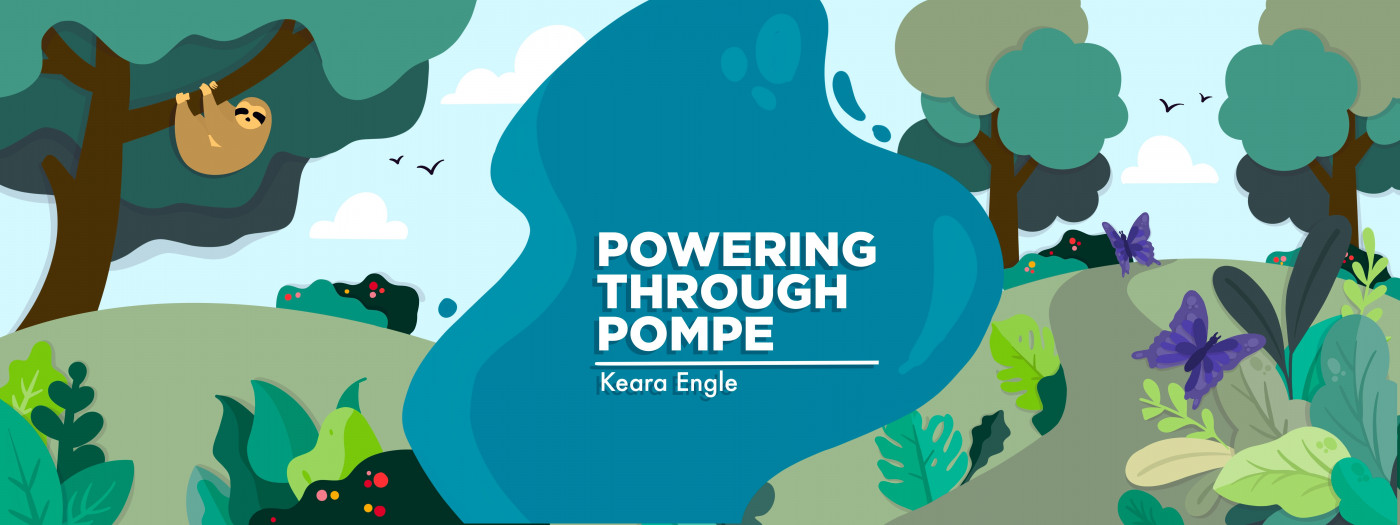My first parent-teacher conference was eye-opening
A firsthand look at how kindergarten is going for my son with Pompe disease
Written by |

In our school district, the first two days of the holiday break were reserved for parent-teacher conferences. I quickly scheduled a meeting with my 5-year-old son Cayden’s kindergarten teacher. Because this year is his first in elementary school, it was also my first time attending such a conference.
Before Cayden started kindergarten, I was given the option to place him in a special needs classroom, but I was adamant that he attend in a traditional setting. Although he has infantile-onset Pompe disease, Cayden is on track with other children his age academically.
Placing him in a traditional classroom was the best decision I could’ve made. He has excelled so far this school year. And when I attended the parent-teacher conference, I was able to hear firsthand exactly how well he’s doing.
This appointment was my first chance to meet Cayden’s new kindergarten teacher. His original teacher accepted a job offer closer to home and left a few months ago. I was worried that he’d have a hard time adjusting, but boy, was I wrong. I absolutely love the new teacher and am so thankful my son has the opportunity to be in her class.
Celebrating my son’s progress
When I walked into the classroom, I immediately saw the special seat the school provided for Cayden. It’s called a Rifton Activity Chair and is commonly used for people with disabilities. My son keeps his wheelchair at school, though. It was parked in a classroom corner, away from the other students’ seats, to ensure that it stays safe until he needs it.
Cayden uses the Rifton chair in the classroom so he can sit at a table with his peers, the teacher said. When the students exit the room to go elsewhere in the building, she said, he uses his wheelchair.
It warmed my heart to know that Cayden’s teacher goes the extra mile to enable him to sit with his classmates. She’s a big advocate for him socializing with other children, and I agree.
After we went over the adaptations Cayden uses, his teacher and I sat down to discuss how he’s doing academically. All students were tested before the conferences so parents could see what their children were retaining from the lessons.
Cayden did awesome on the testing, which was adapted for him by a learning support teacher. It’s hard to understand him when he talks, which is a common symptom in children with his type of Pompe disease, so he sometimes uses an iPad to communicate. And then there’s his muscle weakness, which makes it harder for Cayden to write. Because of this, he often uses a marker instead of a pencil.
These adaptations gave Cayden the ability to complete the tests. Reviewing his answers gave us a good idea of what he knows and what he still needs to work on. He’s on track with most of the students in his class, though we do need to work on a few skills, such as rhyming words, comparing numbers, and counting by 10s. But he did amazing on all other aspects of the tests.
Overall, I’m thrilled with how the parent-teacher conference went. Years ago, I didn’t even know if Cayden would live long enough to attend school. Now I have a kindergartener who’s excelling. I couldn’t be prouder of the young boy Cayden is becoming, and I’m looking forward to hearing about all the new things he’s learning at the next conference.
Note: Pompe Disease News is strictly a news and information website about the disease. It does not provide medical advice, diagnosis, or treatment. This content is not intended to be a substitute for professional medical advice, diagnosis, or treatment. Always seek the advice of your physician or other qualified health provider with any questions you may have regarding a medical condition. Never disregard professional medical advice or delay in seeking it because of something you have read on this website. The opinions expressed in this column are not those of Pompe Disease News or its parent company, Bionews, and are intended to spark discussion about issues pertaining to Pompe disease.




Leave a comment
Fill in the required fields to post. Your email address will not be published.